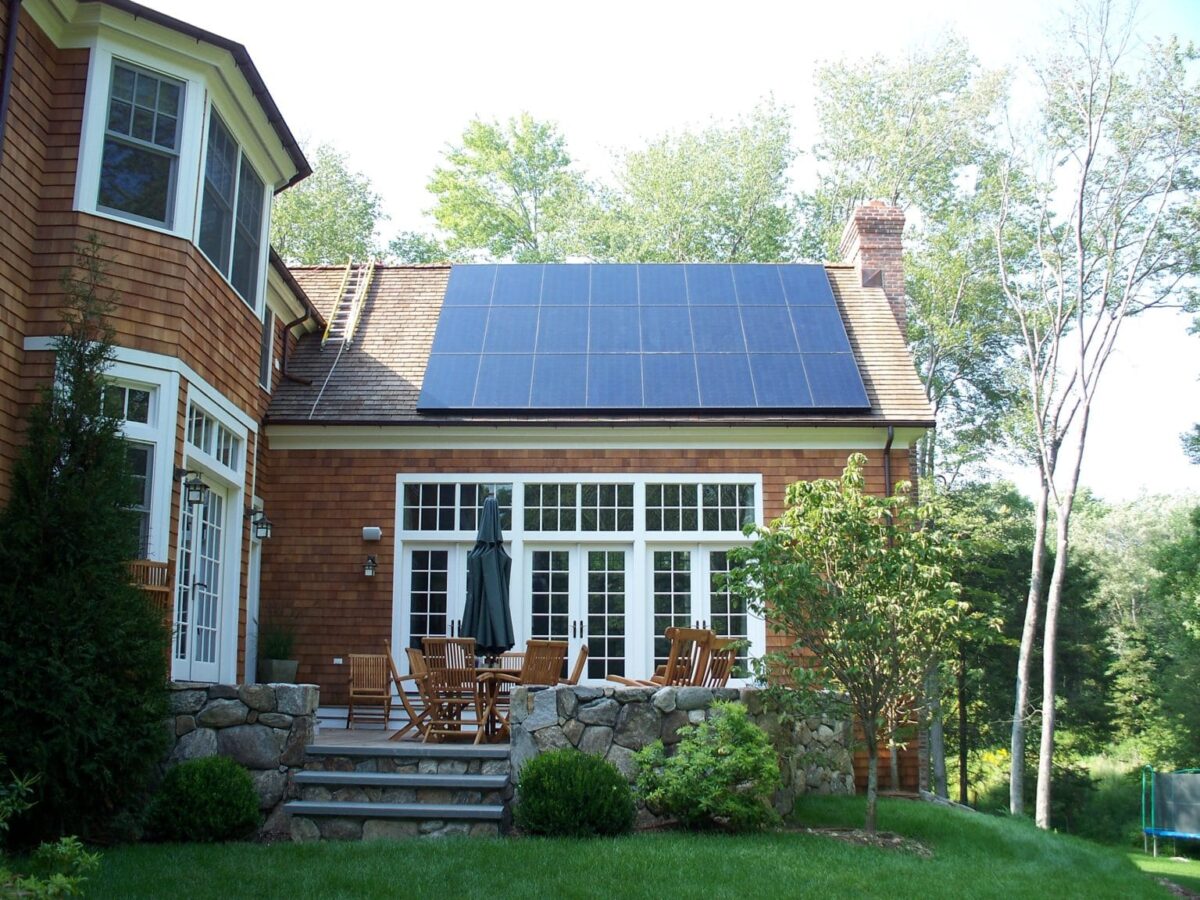Dutch power and gas supplier Liander revealed this week that residential PV system owners experienced three times as many curtailment events in the first half of 2023 than they did in the same period last year in the provinces of Gelderland, Noord-Holland, Flevoland, Friesland, and Zuid-Holland.
Liander reported an increase in curtailment events from 1,074 in the first half of 2022 to 3,476 in the same period this year, with Gelderland and Noord-Holland being the most affected regions. Liander said it expects curtailment to rise further as more PV systems are installed, particularly with the phase-out of the net-metering scheme in 2025.
To alleviate grid pressure, Liander recommended residential prosumers to use high-energy appliances during peak hours when solar power is readily available.
In 2022, the Netherlands added approximately 2 GW of new residential solar capacity, and the growing grid constraints pose challenges for the increasing capacity of solar installations in the coming years.
Liander has implemented various measures to address grid constraints, including the deployment of large transformers and congestion management strategies.
A new report by Netbeheer Nederland projects that the Netherlands could achieve a total installed solar capacity of 100 GW to 180 GW by 2050, with residential PV contributing 55% of the maximum peak on the grid by 2040.
As of June 2022, the Netherlands had a cumulative installed PV capacity of 16.5 GW, with 3,803 MW installed in 2021 and 3,882 MW installed in 2022, according to CBS, the nation's statistics agency.
This content is protected by copyright and may not be reused. If you want to cooperate with us and would like to reuse some of our content, please contact: editors@pv-magazine.com.




By submitting this form you agree to pv magazine using your data for the purposes of publishing your comment.
Your personal data will only be disclosed or otherwise transmitted to third parties for the purposes of spam filtering or if this is necessary for technical maintenance of the website. Any other transfer to third parties will not take place unless this is justified on the basis of applicable data protection regulations or if pv magazine is legally obliged to do so.
You may revoke this consent at any time with effect for the future, in which case your personal data will be deleted immediately. Otherwise, your data will be deleted if pv magazine has processed your request or the purpose of data storage is fulfilled.
Further information on data privacy can be found in our Data Protection Policy.